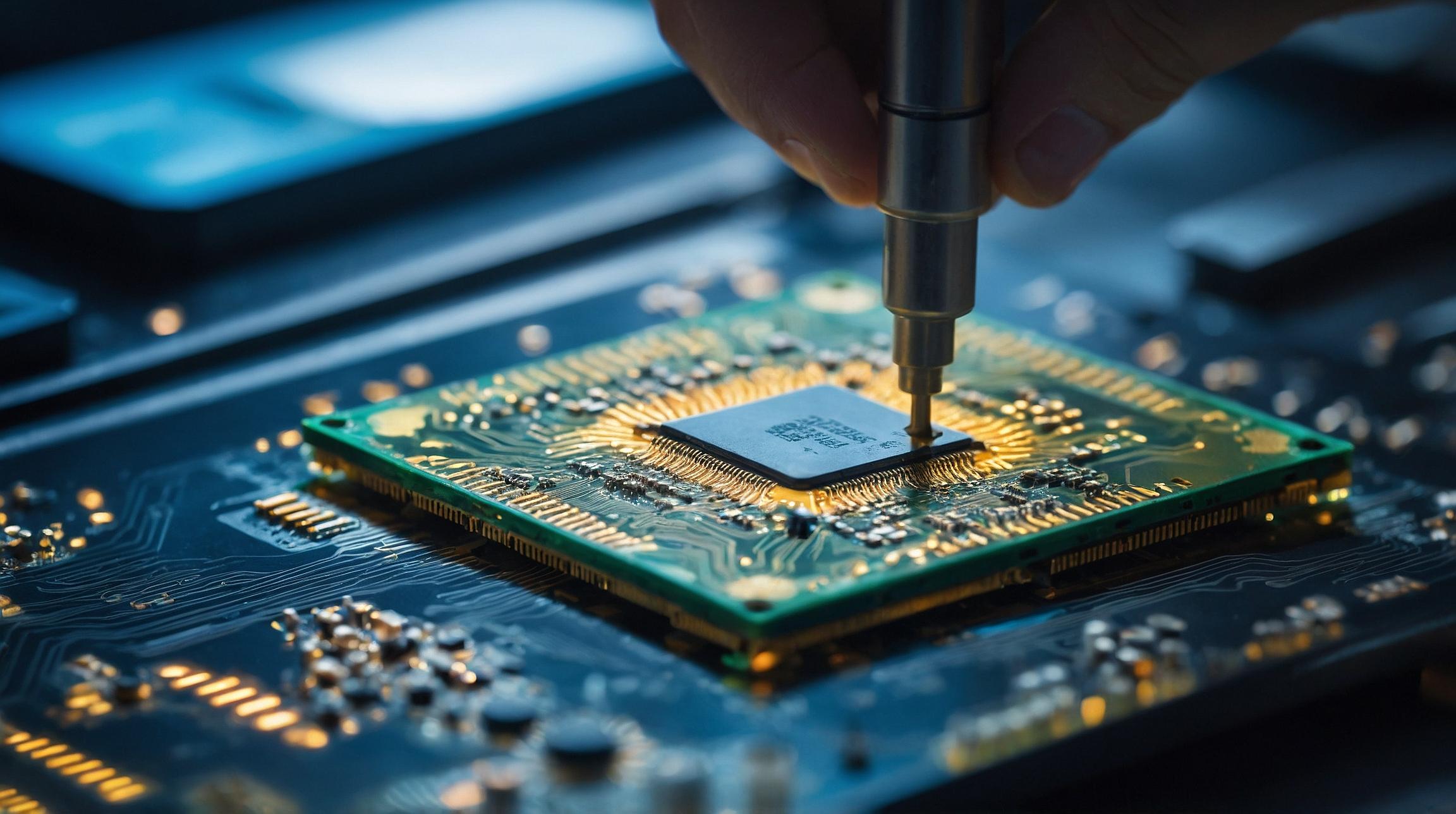Apple's Latest iPhone and AI Software:
Apple is gearing up to unveil its new iPhone model at the highly-anticipated 'Glowtime' product launch event next week. The spotlight will be shared with the company's groundbreaking new feature, Apple Intelligence, a sophisticated AI software poised to redefine user experience. This development promises to be a significant factor for consumers contemplating an upgrade, even in the current challenging economic climate.
Why AI is a Game-Changer:
According to experts at Monness, Crespi, Hardt & Co., Inc., AI capabilities in smartphones are likely to be the "extra nudge" consumers need to justify upgrading their devices sooner than planned. This is particularly relevant as the iPhone 16 isn't expected to showcase major hardware innovations. Instead, the integration of Apple Intelligence aims to encourage users with older models to kick-start a new upgrade cycle.
Compatibility Across Models:
Apple Intelligence is designed to work with all four models of the iPhone 16 family. This broad compatibility could lead to an upsurge in upgrades across the entire iPhone range. However, it's important to note that the rollout of Apple's new AI technology might not be immediate.
Staggered Rollout Anticipated:
The initial release of Apple Intelligence will be staggered, with the first version available only in U.S. English. Support for additional languages is expected to be introduced gradually over the following year, according to analysts.
Potential Risks and Challenges:
Despite the excitement surrounding the AI-enhanced iPhone, analysts remain cautious about Apple stock. They point to "regulatory headwinds, geopolitical risks, and economic challenges" as factors that could impact Apple's market performance.
Maintaining a Competitive Edge:
The tech community is keenly observing Apple's move into generative AI, which could signal how the company plans to maintain its competitive advantage in an increasingly saturated smartphone market. As Apple continues to innovate, the balance between technological advancement and external challenges will be crucial.













